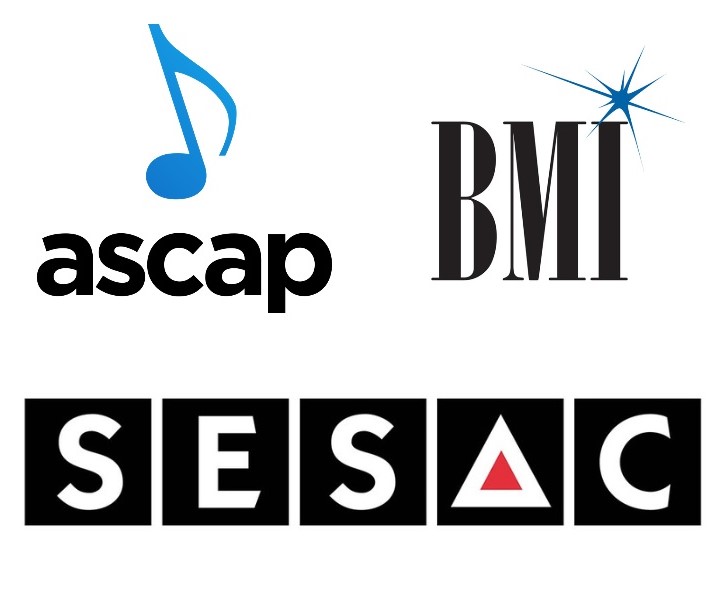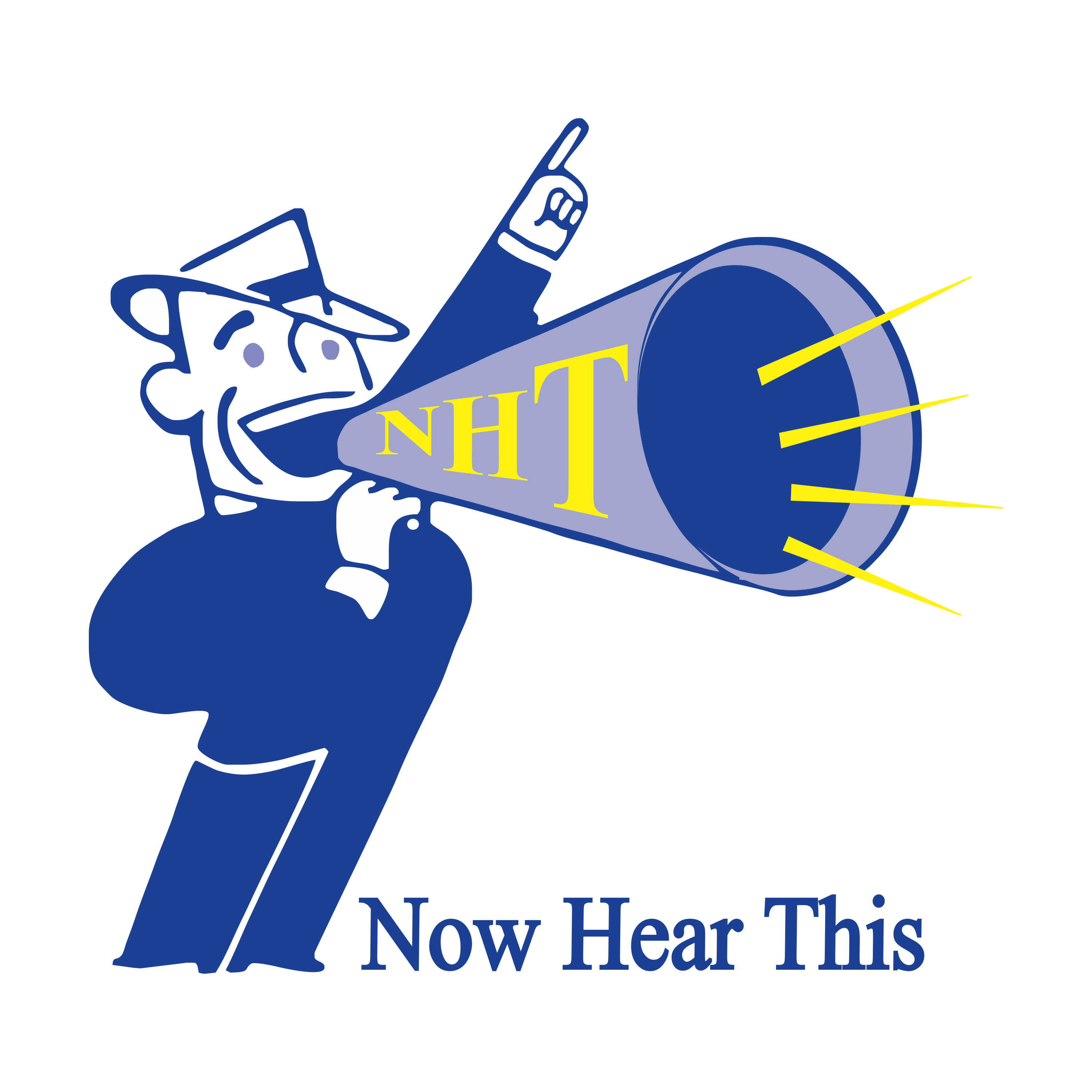Chris Tanner is an artist, musician, and inventor but also a patent attorney. Chris holds several copyrights himself as a composer, is a former Patent Examiner, holds seven patents himself as an inventor, and has been practicing in patent, trademark, and copyright law for 21 years. More information can be found at either TannerPatent.com or SaveMoneyOnPatents.com.
 This week’s blog is about music publication, music management, and more effectively profiting from your compositions. One good thing about the modern music industry is there are many ways to be heard. Self-management has never been more accessible to a typical composer than in 2018 and beyond.
This week’s blog is about music publication, music management, and more effectively profiting from your compositions. One good thing about the modern music industry is there are many ways to be heard. Self-management has never been more accessible to a typical composer than in 2018 and beyond.
Unfortunately, many musicians and composers neglect this important principle. Also, the music industry is full of quacks, cons, scams, and kooks. There is no shortage of ways to get cheated and conned.
To address this, you songwriters and performers reading this blog should consider joining a Performing Rights Organization (PRO) such as but not limited to BMI, ACSAP, or SESAC. However, be aware, by no means is this the end of their ways of protecting your musical assets, but an important step nonetheless. Do not rely on an (alleged) manager to do this for you. You should research this yourself!
There are many different types of payment rights, but one of the most important is a performance right. The payment corresponding with that performance right is known as a performance royalty. Any time one’s music is played on the radio (terrestrial, satellite, and internet), in stores, on TV shows, broadcast on the radio (terrestrial or satellite), used on TV or movies (including commercials), performed or streamed live (like in bars, restaurants, performance venues), streamed over digital services (such as Spotify or Pandora), in films, video games, and in presentations, or performed by someone else in a live venue — you are owed a performance royalty. Ostensibly. But that does not mean you will ever receive that payment.
PROs will collect these royalties for you. That’s why upon joining, they ask you for your bank account information. This is not to cheat you or take your money. It is so they can figure out where to put the money they dig up for you. Money that you likely never would have found for yourself.
Whether songwriters and performers realize it or not, these PROs are important, and can do things for you which it would be very difficult for you to do yourself. But, people tend to neglect this because it’s a dull, geeky, non-glamorous part of the music industry. Boring and tedious.
The PRO will ensure all venues have a license to play music, collect public performance royalties from all, even track who hasn’t paid up, and then determine the composer, publisher, and songwriter to pay for each instance. This is a lot of work. The PROs have the ability to find out when a composer’s music gets played, using extensive resources far too complex to explain here.
By the Numbers
The American Society of Composers, Authors and Publishers (ASCAP) is a not-for-profit organization. It represents more than ten million works from over 550,000 members. ASCAP membership is $50 for both songwriters and publishers. ASCAP’s total cash distribution for 2016 is estimated to be $918 million. Most readers of this blog have probably heard of ASCAP. ASCAP’s membership size is estimated at 660,000 members, including Justin Timberlake, Vampire Weekend, Duke Ellington, Dave Matthews, Stevie Wonder, Beyoncé, and Marc Anthony.
BMI has two different styles of membership, songwriters and publishers. Songwriters can join for free, but must sign up for two years, and must provide a valid bank account. Publishers pay between $150-$250, and must sign up for five years.
BMI’s membership size is unclear, but at one time included Lady Gaga, Taylor Swift, Eminem, Rihanna, Maroon 5, Dolly Parton, Shakira, and Green Day. BMI’s total cash distribution for 2016 is estimated to be $931 million.
SESAC serves around 400,000 musical works from over 30,000 affiliated writers. SESAC is invitation-only. In writing this article, I had more difficulty getting cost and revenue information about SESAC. SESAC membership is estimated at 30,000 members, including Bob Dylan, Neil Diamond, Young Love, Rapture, and Adele. There is a rumor that Mariah Cary quit BMI to join SESAC.
PROs also tackle other issues impacting their members, such as fighting music piracy and keeping up with changes to the industry that have resulted from the advent of digital music. I believe that it’s important for songwriters to learn about the PROs.
Next, do not mistake a music publisher for a PRO. These are different. It is also this author’s belief that you should be your own publisher.
Remember also that there are other types of musical rights that can be monetized. One example is “mechanical rights.” However, a full discussion of this would be beyond the scope of this blog, and even if not, is dull and tedious. The typical right that is most often neglected, and most misunderstood, is the performing right. That is why performing rights were chosen for this article.
On a final note, in researching this article, I watched numerous YouTube videos using the search terms “ASCAP v. BMI,” “ASCAP v. SESAC,” and others. While there was plenty of rubbish to filter through, and lots of foul language, in the end I noted some pretty solid insights. One example is from songwriters and publishers who are actually making money in this industry (rare), and have quit one PRO and joined another. I found their remarks less biased, more accurate, and less doctrinal and didactic than answers I have received from other IP attorneys. Again, as is often the case, on some legal-commercial issues, I find that someone who has been in an industry, who has participated in it, often has a better and more accurate perspective than an IP attorney. Often, we only see when things go wrong, the disputes, the lawsuits, etc.
Are you a member of a PRO? If so, which did you choose and why? If you’re not, why have you chosen to stay away? Talk about all this with your fellow musicians in our Facebook group.
See a previous guest blog by Chris Tanner that deals with understanding copyright issues around monetizing your YouTube videos.
